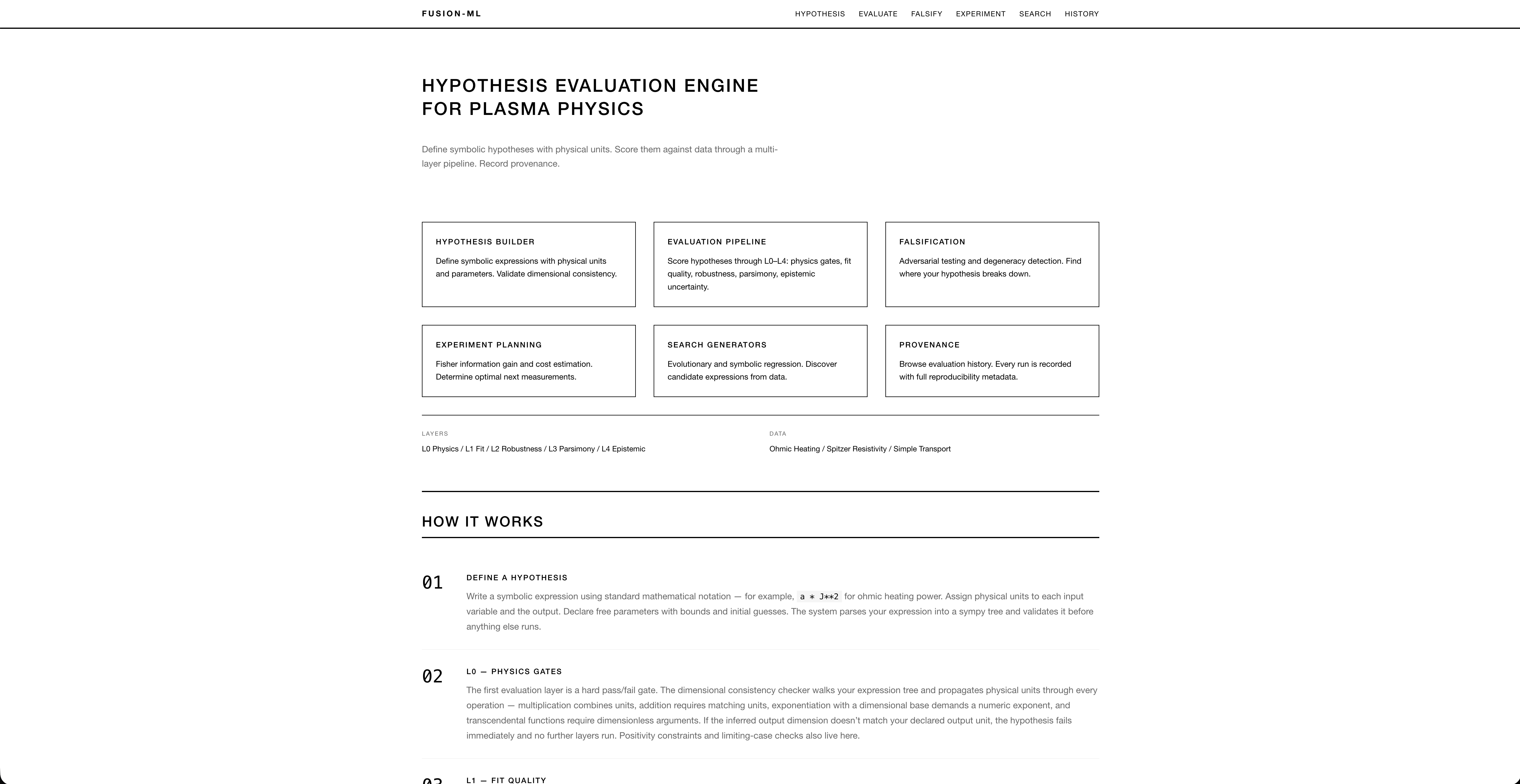Source is an experimental AI system designed to accelerate scientific discovery by autonomously exploring research literature, generating hypotheses, and designing experiments. The project investigates how artificial intelligence can serve as a collaborative partner in the scientific process.
By combining large language models with specialized scientific reasoning capabilities, Source aims to identify connections between disparate fields, suggest novel research directions, and help overcome cognitive biases that can limit human-driven scientific inquiry.
KEY CAPABILITIES
Literature Analysis
Source can process and synthesize information from millions of scientific papers, identifying patterns, contradictions, and gaps in current knowledge across multiple disciplines.
Hypothesis Generation
Using specialized reasoning frameworks, Source generates testable scientific hypotheses that build on existing research while exploring novel conceptual combinations.
Experimental Design
The system can propose experimental protocols to test its hypotheses, considering practical constraints, statistical power requirements, and potential confounding variables.
TECHNICAL APPROACH
Knowledge Representation
Source uses a specialized knowledge graph that represents scientific concepts, experimental results, and theoretical frameworks in a structured format that enables complex reasoning.
Causal Reasoning
The system incorporates explicit causal modeling capabilities, allowing it to reason about mechanisms, interventions, and counterfactuals when generating hypotheses.
Multi-modal Integration
Source can process and generate information across multiple modalities, including text, mathematical notation, chemical structures, and visual data representations.
RESEARCH AREAS
Source is being developed and tested across several scientific domains, with initial focus areas chosen based on their potential for interdisciplinary discovery and societal impact.
Materials Science
Exploring novel materials with specific properties by connecting insights from chemistry, physics, and engineering.
Computational Biology
Investigating biological mechanisms and potential therapeutic targets by analyzing genomic, proteomic, and clinical datasets.
Climate Science
Identifying feedback mechanisms and intervention points in climate systems by integrating atmospheric, oceanic, and ecological models.
Quantum Physics
Generating new interpretations and experimental approaches to test fundamental quantum phenomena and their applications.
PHILOSOPHICAL IMPLICATIONS
Scientific Creativity
Source challenges traditional notions of scientific creativity by demonstrating how algorithmic processes can generate novel and valuable scientific ideas, raising questions about the nature of discovery itself.
Human-AI Collaboration
The project explores new models of collaboration between human scientists and AI systems, where each contributes distinct capabilities to the research process.
Scientific Method
By formalizing aspects of scientific reasoning, Source prompts reflection on the scientific method itself and how it might evolve in an era of AI-assisted research.
Knowledge Integration
Source demonstrates the potential for AI to help overcome increasing specialization in science by identifying connections across disciplinary boundaries.
VISIT THE PROJECT
Explore the live Source project and interactive simulations on the dedicated website.
Visit the websiteCONTACT
For inquiries about Source or potential research collaborations, please reach out via email.
Contact us